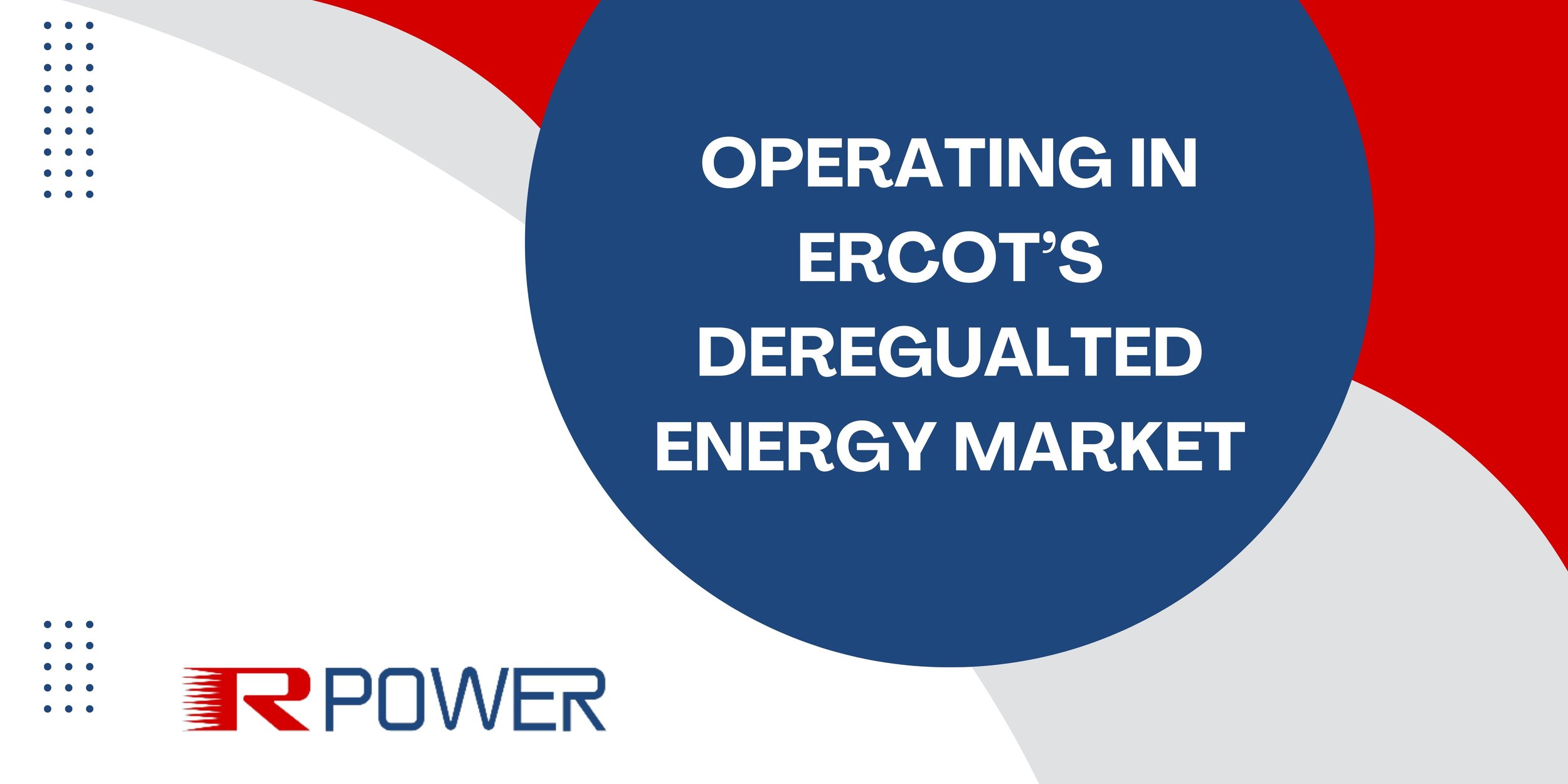Operating in ERCOT’s Deregulated Energy Market: Navigating the Complex Landscape
The ERCOT energy market is a unique and dynamic entity. As an independent system operator (ISO) responsible for managing the electric power flow to around 90% of Texas’ electric load, ERCOT plays a vital role in facilitating the buying and selling of electricity among a diverse range of market participants. These include power generators, retail electricity providers, and large industrial consumers. What sets ERCOT apart is that it operates as a deregulated market, fostering competition among electricity providers instead of relying on a regulated monopoly.
Let’s delve deeper into how the ERCOT market functions and the key programs it offers to maintain grid reliability and efficient operations:
The Dual Nature of ERCOT’s Market
In ERCOT, electricity is traded through a combination of wholesale and retail markets. The wholesale market serves as the arena where generators and other market participants buy and sell electricity at wholesale prices. It operates in real-time, with prices determined every 15 minutes based on supply and demand conditions. On the other hand, the retail market empowers consumers to choose their electricity provider and opt for various pricing plans offered by retail electricity providers. These providers purchase electricity from the wholesale market and sell it to end-users, including residential, commercial, and industrial customers.
ERCOT’s Role in Grid Management
Notably, ERCOT also manages the transmission grid within its jurisdiction. This responsibility ensures the reliable delivery of electricity across its extensive network. ERCOT constantly balances electricity supply and demand in real-time, maintaining grid stability and reliability. It does so with a reserve margin to account for short-term variability, a crucial aspect of grid management.
Evolving Challenges and Solutions
As an energy-only market operating in a competitive wholesale bulk-power market, ERCOT has faced particular attention and scrutiny. This was especially evident during periods of high demand or supply disruptions, such as the extreme weather event witnessed during the winter storm Uri in February 2021.
To address these challenges and ensure grid reliability, ERCOT offers multiple energy market programs. These programs support various aspects of grid management, including maintaining an appropriate reserve margin and preventing system failures. Some of the notable programs include:
- Wholesale Energy Market: Participants can bid generation into the supply through day-ahead and real-time markets to support load demand.
- Ancillary Services: These services help support grid reliability by ensuring a continuous supply of electricity during fluctuations.
- Resource Adequacy: Ensures an adequate supply of electricity to meet demand.
- Responsive Reserve: Maintains a responsive reserve to address contingencies.
- Emergency Response Service (ERS) Programs: These programs allow customers to add or remove load from the grid during times of high demand, contributing to grid stability.
In conclusion, operating within ERCOT’s deregulated energy market presents unique opportunities and challenges. Staying informed about market dynamics and actively participating in energy market programs is crucial for market participants to navigate this complex landscape effectively. ERCOT’s commitment to maintaining grid reliability and efficient operations underscores the importance of a robust energy market in the Lone Star State.
To read the full technical paper, click here.


